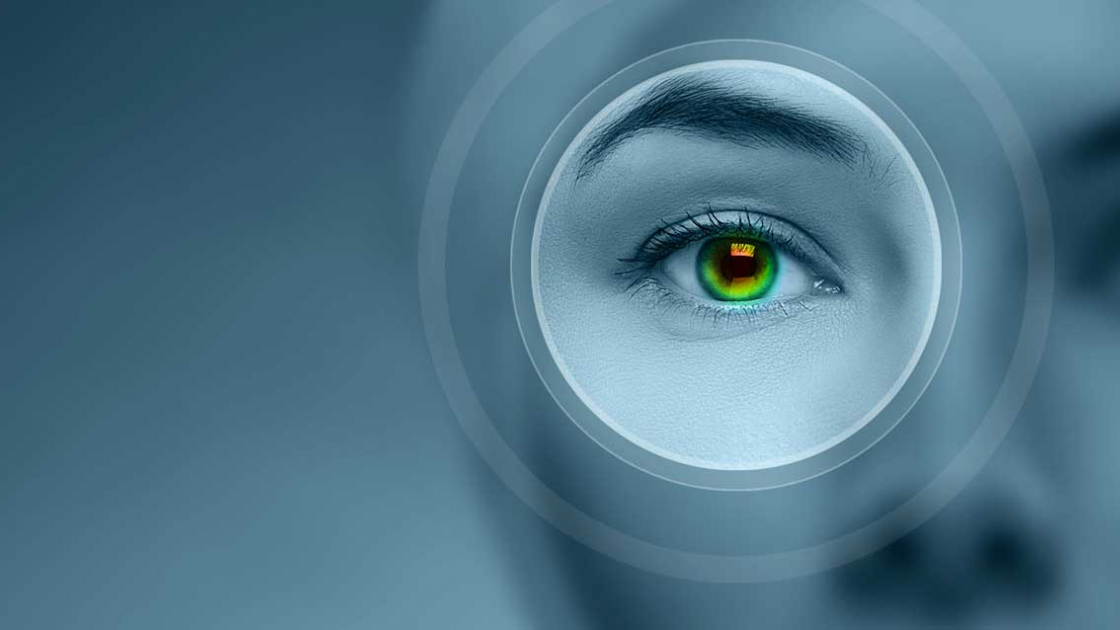
Florence – Sunday, May 18, at 3.30 p.m., on the occasion of the “Friend’s Museum” initiative promoted by the Tuscany Region and International Museum Day, Anna Giatti, Treasurer of Physics at the First Museum, will give a guided tour of the 19th century physics instrument collection, which is considered one of the The finest collections of their kind in Europe.
A visit to the Physics Cabinet will allow you to reflect on the impact of scientific discoveries on the lives of ordinary people, and in particular how a 19th century citizen might view the progress of science and the changes it brought about, in their daily lives, through continuing and fundamental technological innovations that occurred throughout the century. The nineteenth century began, in fact, with Alessandro Volta’s presentation of the battery to the Royal Society on March 20, 1800, and ended with the birth of the automobile industry, with the first flights of the Wright brothers and with Marconi’s experiments in the field of transoceanic telegraphy. Over the course of the century, the telephone, photography, railways, steamships, gas lighting and then electric lighting also appeared. Inventions that contributed to the development of a new idea of daily life, from the method of work to the perception of distances; From the changing urban landscape with industrialization and lighting, to the new social life in cities.
During your visit, you will be able to admire some of the objects that laid the foundations for the birth of “modernism” including the darkroom, the sugar meter, the phonograph, the ice machine, steam, and the internal combustion engine.
The full program for the day includes:
3.00pm and 4.30pm – Family Planetarium: “Sailors’ Sky”
How did sailors not lose their way during the long months of navigation? The sky can be read as a special geographical map; By learning to identify the major constellations and finding reference points, we can know where we are at any time and in any place.
Followed by the “Let’s Make an Astrolabe” workshop at 4:00 pm and 5:30 pm.
For families (minimum age 7 years)
€7.50 for adults, €5.00 for children, €9.00 for children Planetarium + Laboratory
Reservations are recommended
3.30pm – Guided Tour: “The 19th Scientific Century: Innovation and Modern Life”
The curator of the collection will accompany you in discovering one of the most beautiful collections of physics instruments of the 19th century in Italy and Europe, focusing in particular on some objects that bear witness to the connection between scientific research, technological innovation and everyday life. life.
For adults and children (minimum age 11 years)
€5.00 for adults and children
Reservations are recommended
4.00pm and 5.30pm – Lab: “Let’s build an astrolabe!”
In the past, ancient sailors needed a tool to identify the major constellations and thus find the right path. The astrolabe is an ancient tool that shows what can be seen in the sky every day of the year and at every hour of the day and night. . . Let’s build one!
For children (minimum age 7 years)
€5.00, €9.00 Planetarium + Laboratory
Reservations are recommended

“Infuriatingly humble social media buff. Twitter advocate. Writer. Internet nerd.”


